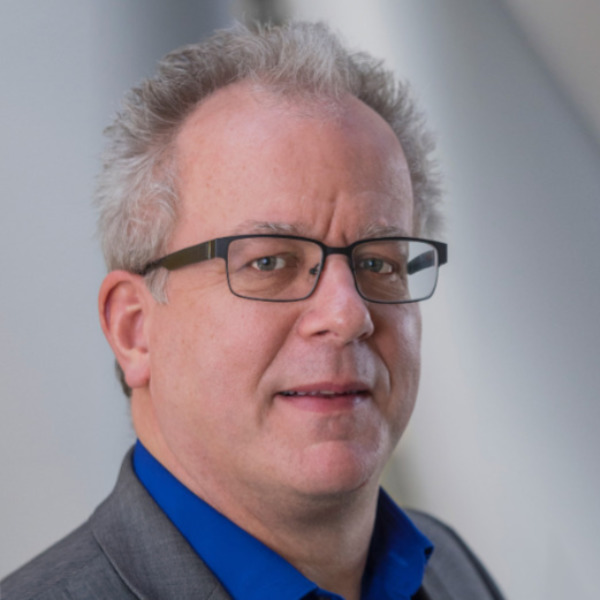Richard Yonck

Richard Yonck is a futurist, technologist, and best-selling author. He helps organizations and audiences explore the ways our world is being transformed in order to better prepare for imminent change.
Expert on
- Artificial Intelligence (AI)
- Trends
- Disruptive Technology
- Future
- Business Trends
- Technology
Fee Range
$10,000–$15,000Travels from
WA, USBiography
Richard Yonck is a captivating speaker and compelling guide to the transformations and challenges we’ll face in the coming decades. Audiences of all sizes—from professional organizations, think tanks and business leaders to civic groups, educational festivals and public forums—have called his presentations “awe-inspiring”, “passionate” and “thought-provoking.” Richard specializes in distilling complex technologies and developments in ways that engage audiences regardless the subject matter. Exploring developing trends in artificial intelligence, aging and life extension, healthcare, biotechnology , transportation, robotics, and more, Richard offers guidance and uncovers insights that can help anyone achieve their preferred future. As one CEO audience member recently observed, “Richard’s presentations provided us with a leap-frog perspective of the shape of things to come, helping us better prepare for the days ahead.”
Richard has advised clients ranging from Global Fortune 500 companies such as Amazon, Samsung, and Xerox to organizations such as TIAA, American Cancer Society and the Washington State College Board. He believes that strategic foresight and futures planning can serve all organizations and individuals, large and small.
An internationally-regarded thought leader on emerging technologies, Richard’s new book FUTURE MINDS explores the many ways our world is becoming more and differently intelligent. From AI to brain-computer interfaces to augmented and blended intelligence, FUTURE MINDS takes a deep dive into how these will change our society and our lives in the decades to come.
Richard is also author of the best-selling , HEART OF THE MACHINE which explores the technologies making it possible for computers and robots to read, interpret, replicate, and even influence human emotions. Reviewed by The New York Times Book Review and Time Magazine, it is required reading in college courses around the world.
Richard is formerly the computing and AI contributing editor for The Futurist Magazine and has been published by and quoted in The New York Times, Scientific American, Forbes, Fast Company, Psychology Today, Wired, Salon, World Future Review, BBC News, Sports Illustrated, Investor’s Business Daily and many others. A former executive board member of the Association of Professional Futurists and a member of the National Association of Science Writers, Richard is also a TED speaker. His talk “How Technology Transforms Human Intelligence” can be found on the TED YouTube channel.

